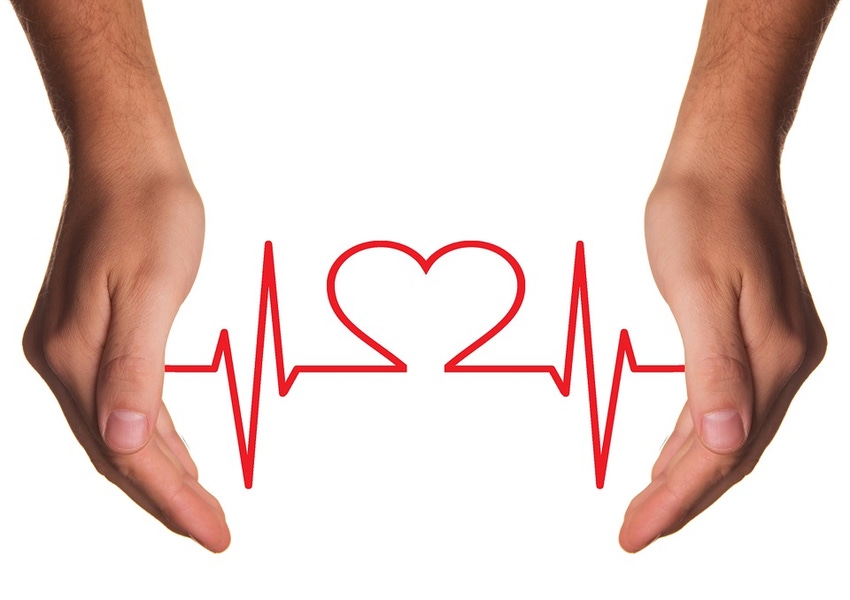Googling Your Symptoms?
February 1, 2017

With the World Health Organisation telling us that there is a global shortfall of some 4.3 million doctors and nurses and the U.S. struggling with increasing health care costs, it is promising to look at the potential of artificial intelligence in medical care.
VentureBeat have recently published an article that highlights the various areas where artificial intelligence can assist in medical care, which emphasise its potential to hopefully increase the global shortfall of doctors and nurses in the future.
In August 2016, an AI-computer successfully determined what type of leukemia a 60-year-old Japanese woman was suffering from, by analysing thousands of gene mutations. Arinobu Tojo, a professor of molecular therapy at University of Tokyo’s Institute of Medical Science emphasised that AI might not have saved her life, but it certainly provided the doctors with the necessary data extremely quick.
AI systems are now designed to analyse gene mutations, make better use of scientific studies, and improve each doctor’s clinical knowledge further than their first-hand experience.
The foundation of the use of AI in medical care is machine learning, and the use areas are many. In London at Imperial College, researchers are testing machine learning applications in the treatment of traumatic brain injuries, VentureBeat writes.
Another example is when scientists experimented with how machine learning potentially could facilitate diagnosis of diabetic retinopathy, a condition causing vision impairment or blindness.
“The team trained the system using 128,000 images of healthy eyes. They then had the algorithm analyze 12,000 images and graded its ability to recognize signs of disease. The results indicated that the system “matched or exceeded the performance of experts in identifying the condition and grading its severity”, VentureBeat writes.
The real potential in machine learning in medical industries is that machines do not get tired when analysing thousands of pages of data, and they have an infinite capacity for learning and memorising.
Now to the point that many might deem the most exciting use area: AI will help you to more accurately “diagnose yourself”. We have all been there, where you Google your symptoms and the results end up being unreasonably terrifying. Now, search companies are working with attaching their platforms to AI systems to provide health information that is personally relevant.
This does not mean that a search engine will work as your personal doctor, however, it will improve the accuracy of the results massively, as they will be vetted by experts from Harvard Medical School and the Mayo Clinic, VentureBeat writes.
Disease prevention and management is also an important field where AI will assist, as information gathered from hospital databases, electronic records, in-home monitors, fitness trackers, and implanted devices could help health care providers predict which patients show high indicators for conditions such as congestive heart failure.
Last, but not least, artificial intelligence can also work with handling the administrative parts of medicine. Either through apps allowing nurses and doctors to spend less time gathering patient information, or via outsourcing triage and patient interviews to algorithms, which could decrease health care costs.
However, it is important to mention that these measures could risk further reducing the time doctors spend with their patients, to the aim is to improve doctor-patient interactions by allowing physicians more time face-to-face with patients, rather than a screen.
“And that’s really where the true potential of AI in medicine lies. Rather than replace interpersonal connections and involvement, AI can reduce the burden on doctors and nurses so they can focus on the uniquely human elements of patient care”, VentureBeat writes.
This article was first published at: http://venturebeat.com/2017/01/31/patients-are-about-to-see-a-new-doctor-artificial-intelligence/
Photo Credit: Pixabay
You May Also Like
.jpg?width=700&auto=webp&quality=80&disable=upscale)
.jpg?width=700&auto=webp&quality=80&disable=upscale)
.jpg?width=700&auto=webp&quality=80&disable=upscale)


.jpg?width=300&auto=webp&quality=80&disable=upscale)

.jpg?width=300&auto=webp&quality=80&disable=upscale)